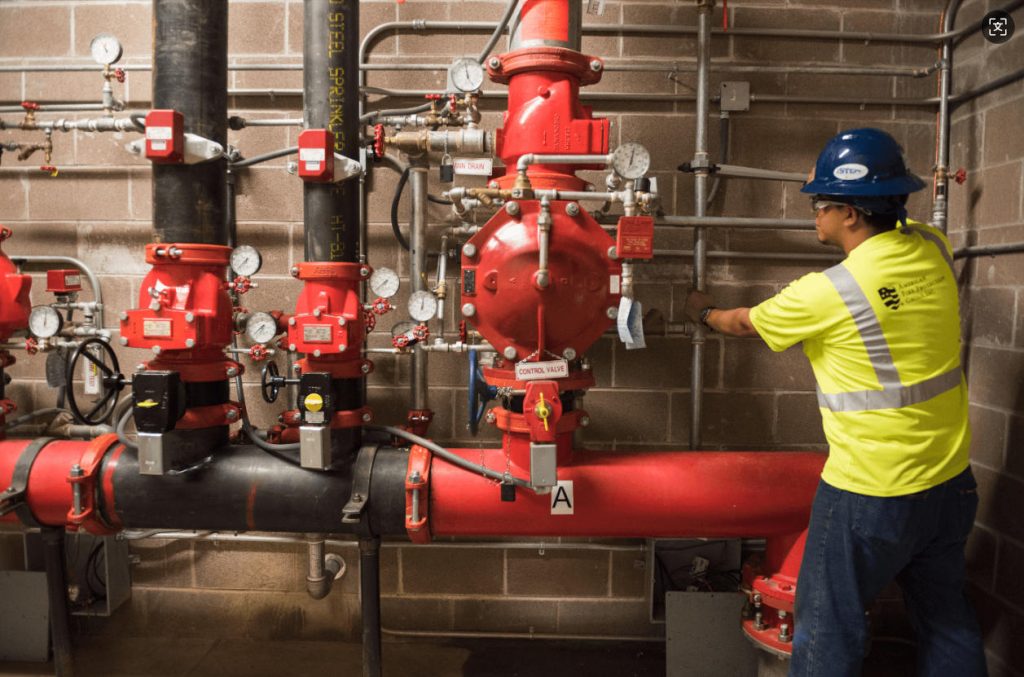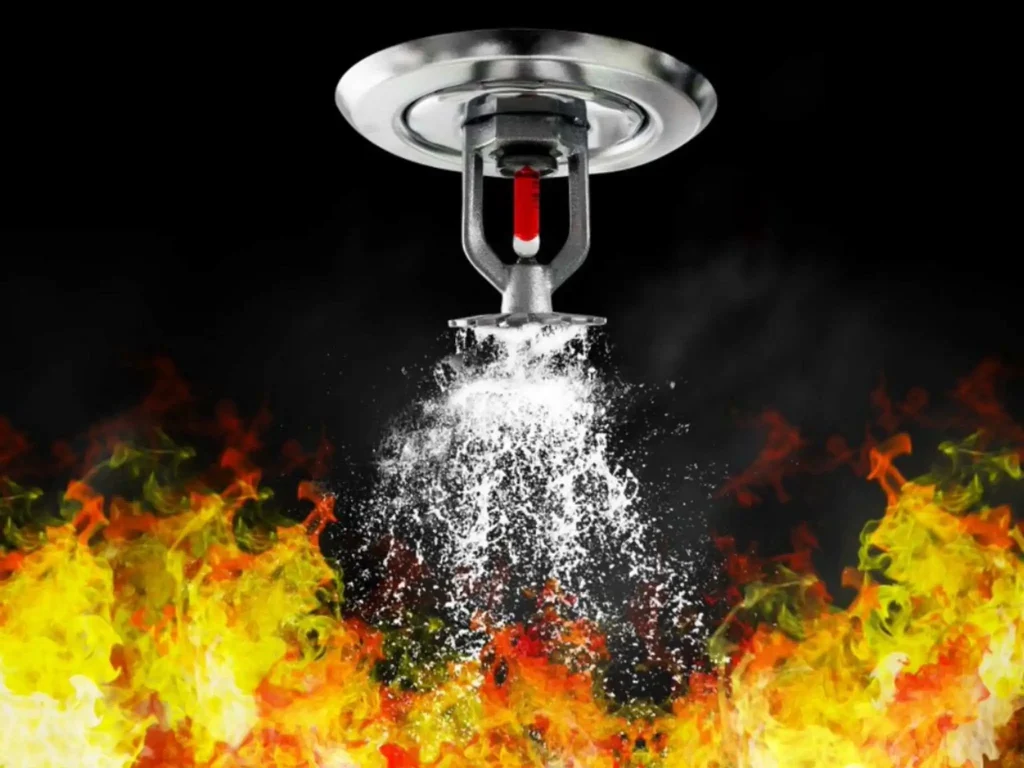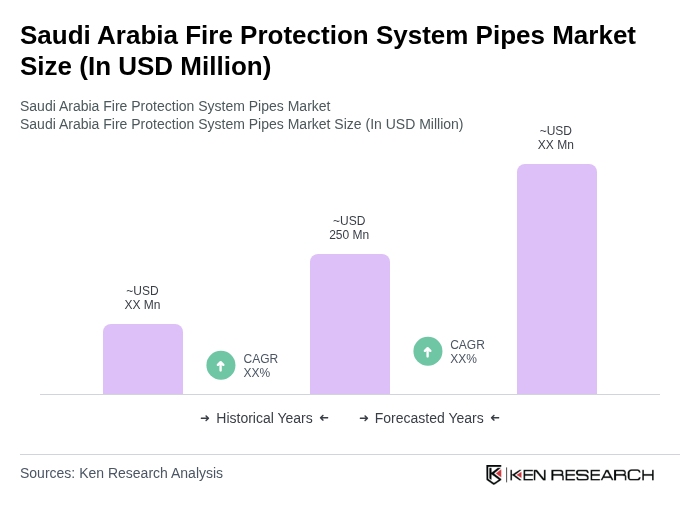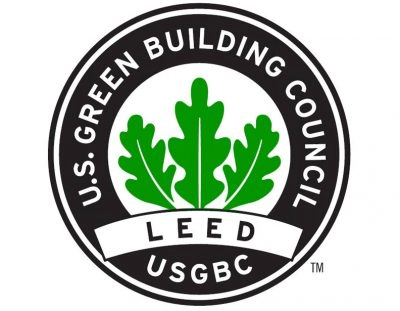Fire sprinkler systems are vital for building safety. However, cold places present special difficulties. Very low temperatures can make these systems useless or cause serious harm. Burst pipes are a common problem. This leads to expensive fixes and weaker fire safety. Proper upkeep and using anti-freeze mixtures are key. They keep fire sprinkler setups working well during harsh winter weather. This blog explains why preparing sprinklers for winter matters. It covers the part anti-freeze mixtures play. It also shares top methods for care in freezing areas. This helps property holders and facility caretakers protect their structures and people inside.
Why Winterizing Fire Sprinkler Systems Matters
Freezing areas create big dangers for fire sprinkler systems. Wet pipe setups are especially at risk. Water-filled lines can freeze and break. Rules like NFPA 25 state upkeep in cold zones is essential. It ensures systems can be trusted. Freezing lowers a system’s power to fight fires. It also raises the chance of water harm from broken pipes. Winter preparation reduces these dangers. It gets systems ready for cold conditions. This keeps them working when they are needed most.
Risks of Freezing in Fire Sprinkler Systems
- Lowered Performance:Frozen pipes can block water. This delays or stops sprinklers from turning on during a fire.
- Pipe Breaking:Growing ice can crack pipes. This causes leaks and big water harm.
- System Failure:Fixes for frozen equipment take time. This leaves places open to fire dangers.
- High Fix Costs:Broken pipes and water harm lead to big repair bills. These often cost more than preventive care.
Getting fire sprinkler systems ready before cold weather starts is wise. Doing it during winter also helps. This stops these troubles. It ensures safety and saves money.
Anti-Freeze Solutions for Fire Sprinkler Systems
Anti-freeze mixtures are a trusted way to guard wet pipe fire sprinkler systems in cold places. Adding an anti-freeze substance to the pipe water lowers the freezing point. This stops ice from forming. Yet, using anti-freeze needs careful thought. Safety and rule following are important.
How Anti-Freeze Solutions Work
Anti-freeze mixtures are usually water mixed with glycerin or propylene glycol. They go into wet pipe systems to stop freezing. These mixtures stay liquid at temperatures far below 0°C (32°F). This keeps pipes working. The amount of anti-freeze must be exact. Too much can harm pipes. Too little might not stop freezing.
| Anti-Freeze Type | Freezing Point | Common Applications |
| Glycerin | -40°C (-40°F) | Office blocks, storage buildings |
| Propylene Glycol | -50°C (-58°F) | Homes, delicate settings |
NFPA Guidelines for Anti-Freeze Solutions
The National Fire Protection Association (NFPA) sets firm rules for anti-freeze use. These are in NFPA 25, Section 5.3.3. Main needs include:
- Allowed Mixtures:Only use anti-freeze mixtures approved for fire safety systems.
- Strength Checks:Test anti-freeze strength often. Make sure it matches maker details.
- Material Suitability:Check the anti-freeze works with system parts. This stops rust or damage.
- Yearly Checks:Do yearly tests to confirm the mixture works. Replace it if needed.
Talking to a certified expert is important. It ensures NFPA rules and local laws are followed when using anti-freeze mixtures.
Benefits of Anti-Freeze Solutions
- Dependable Safety:Stops freezing in temperatures as low as -50°C (-58°F). This depends on the mixture.
- Good Value:Lowers the chance of pipe harm. This cuts repair costs.
- Wide Use:Fits many structure types, from offices to houses.
- Easy Care:Yearly tests and refills are simple with expert help.
Maintenance Best Practices for Cold Climates
Looking after fire sprinkler systems in cold places involves more than anti-freeze. Regular checks, good covering, and watching weather conditions are vital. They ensure system trustworthiness. Below are main care steps to follow.
Pre-Winter Inspections
Do a full check of your fire sprinkler system before cold weather comes. This should include:
Wet Pipe Systems:
- Make sure pipes in cold spots (like attics, stairs) are covered.
- Check the lowest temperature in wet pipe zones stays at 4°C (40°F).
- Test anti-freeze strength if used.
Dry Pipe and Pre-Action Systems:
- Drain low spots to remove collected water.
- Ensure air pumps work and have no water inside.
- Confirm valve rooms and pump rooms are heated enough.
General Checks:
- Look at fire department connections (FDCs) for water build-up.
- Test water tank heaters and pipe warming systems.
- Make sure dampers are shut. Check valve rooms have no open gaps.
Ongoing Winter Maintenance
Watching the system regularly during winter is key. Main jobs include:
- Sight Checks:Look for leaks, rust, or broken covering each week.
- Heat Watching:Use thermometers to keep heated spots above 4°C (40°F).
- Drain Care:Drain low spots in dry systems sometimes. This stops water collecting.
- Expert Help:Plan three-month checks with a certified expert. They can fix possible issues.
Post-Winter Checks
After winter, check the system for any cold weather harm. This includes:
- Looking for leaks or rust in pipes and parts.
- Testing anti-freeze strength to confirm it still works.
- Making sure covering and pipe warming systems are okay.
Why Even Warmer Climates Need Winterizing
Places with mild winters also need sprinkler winter care. Unexpected cold snaps can harm fire sprinkler systems. Buildings in warmer zones are often less ready for freezing. They may lack good covering or heating in key spots. Just one day below zero can cause large harm. This makes winter preparation important everywhere.
Tips for Warmer Climates
- Covering Checks:Ensure pipes in cold spots are covered. Do this even if cold is rare.
- Heat Watching:Put in sensors to warn of sudden temperature falls.
- Yearly Checks:Do pre-winter checks no matter the usual weather.
Introducing Fluid Tech Group: Your Trusted Fire Sprinkler Systems Supplier
Fluid Tech Group, via its branch Fluid Tech Piping Systems (Tianjin) Co., Ltd., is a top supplier of fire safety answers. It focuses on high-standard fire sprinkler systems and parts. Started in 2018, the business is the first in northern China to concentrate on fire safety. It offers FM/UL/CE/LPCB/VDS-approved goods. These include sprinklers, flexible tubes, pipe supports, and quake bracing systems. Committed to safety, Fluid Tech gives one-stop buying services. It uses its northern shipping center for quick delivery and expert help. Trusted by over 100 global building firms, Fluid Tech provides cost-effective and secure answers for fire safety jobs worldwide.
結論
Fire sprinkler systems are crucial for guarding lives and property. In cold areas, they need extra care to stay useful. Using anti-freeze mixtures and following strict care steps helps owners stop freezing. This lowers repair costs and ensures NFPA rule following. Winter care is also smart in softer climates. It guards against surprise cold periods. Working with a solid supplier like Fluid Tech Group gives access to top-standard, approved parts and expert help. This boosts the safety and trustworthiness of your fire sprinkler system.
FAQs About Fire Sprinkler Systems in Cold Climates
Why are anti-freeze solutions necessary for fire sprinkler systems in cold climates?
Anti-freeze mixtures lower the freezing point of water in wet pipe fire sprinkler systems. This stops pipes from freezing and breaking in cold places. It keeps the system working during a fire event.
How often should I test the anti-freeze in my fire sprinkler system?
NFPA 25 says to test anti-freeze strength every year. This ensures it meets maker details. A certified expert can do this test and change the mixture if needed.
Can I winterize my fire sprinkler system myself?
Some jobs, like sight checks, can be done by owners. But winterizing fire sprinkler systems usually needs expert skill. This ensures NFPA rules and local laws are followed. Hiring a certified expert is best.
Are dry pipe fire sprinkler systems better for cold climates?
Dry pipe systems use pressed air, not water. They are perfect for cold places because they remove freezing risk in cold zones. But they need regular care to work right.
What should I do if my fire sprinkler system freezes?
Contact a certified expert right away if your system freezes. They will check and fix the harm. Turn off the water to stop leaks. Do not use the system until it is fully fixed.






